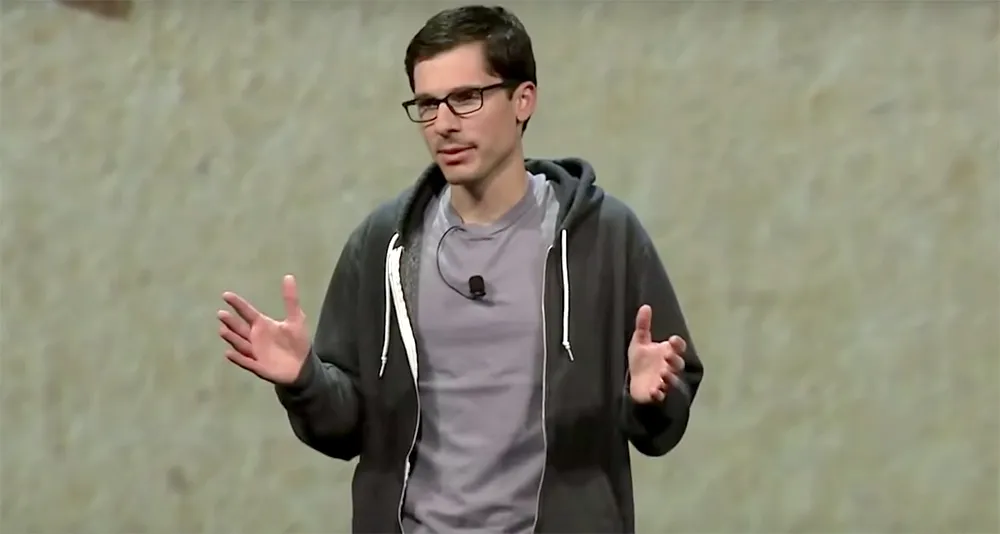Google is beefing up its VR strategy in 2016 by starting a dedicated division and creating a new vice-president role to lead the charge against existing players like Facebook’s Oculus and Valve’s SteamVR.
According to Re/Code, Google CEO Sundar Pichai himself appointed Clay Bavor to run this new division for the tech giant. His title: VP, Virtual Reality.
Bavor was previously VP for Google Product Management. In this capacity he oversaw Google Cardboard since its launch in 2014 and has also been in charge of Google’s many apps such as Gmail and Drive.
According to the article, Bavor was spending more and more time on VR products and less on the company’s other apps. The transition was a natural one then, with Bavor switching to running the new VR division and his role as the head-apps-honcho is being given to software superstar Diane Greene.
Google famously swung and missed with Google Glass and this is perhaps why their first foray into VR was so far from a $1,500 high-tech piece of hardware. Instead, Cardboard is an incredibly cheap, easy to produce headset made out of DIY materials.
By launching this division, and promoting a rising star like Bavor to run it, Google seems ready to finally jump into the fray with both feet. However, they are certainly working from a deficit. Facebook’s Oculus Rift headset is already preparing to ship this March, and both HTC’s Vive and Sony’s PlayStation VR will not be far behind.
There are 400 people already hard at work on the Oculus team at Facebook, according to the article. Peter Deng at Facebook-owned Instagram also recently moved over to Oculus. Google has not released staffing numbers for the new VR division but the tech giant employs some of the most talented engineers in the world, so there is plenty of talent from which to pull. Plus, the Android operating system and Google’s services are integral to most of the mobile devices on the planet. So there’s plenty of weight for Google to throw around as people start buying up VR devices. Also, Google has proven itself willing to make a big splash in the space with major investments in startups such as Magic Leap.
Google is a company known for innovation and if it is readying to enter the VR market with a device to kill Rift or Gear VR, then staffing moves like Bavor’s are an important part of preparing for that transition.






























